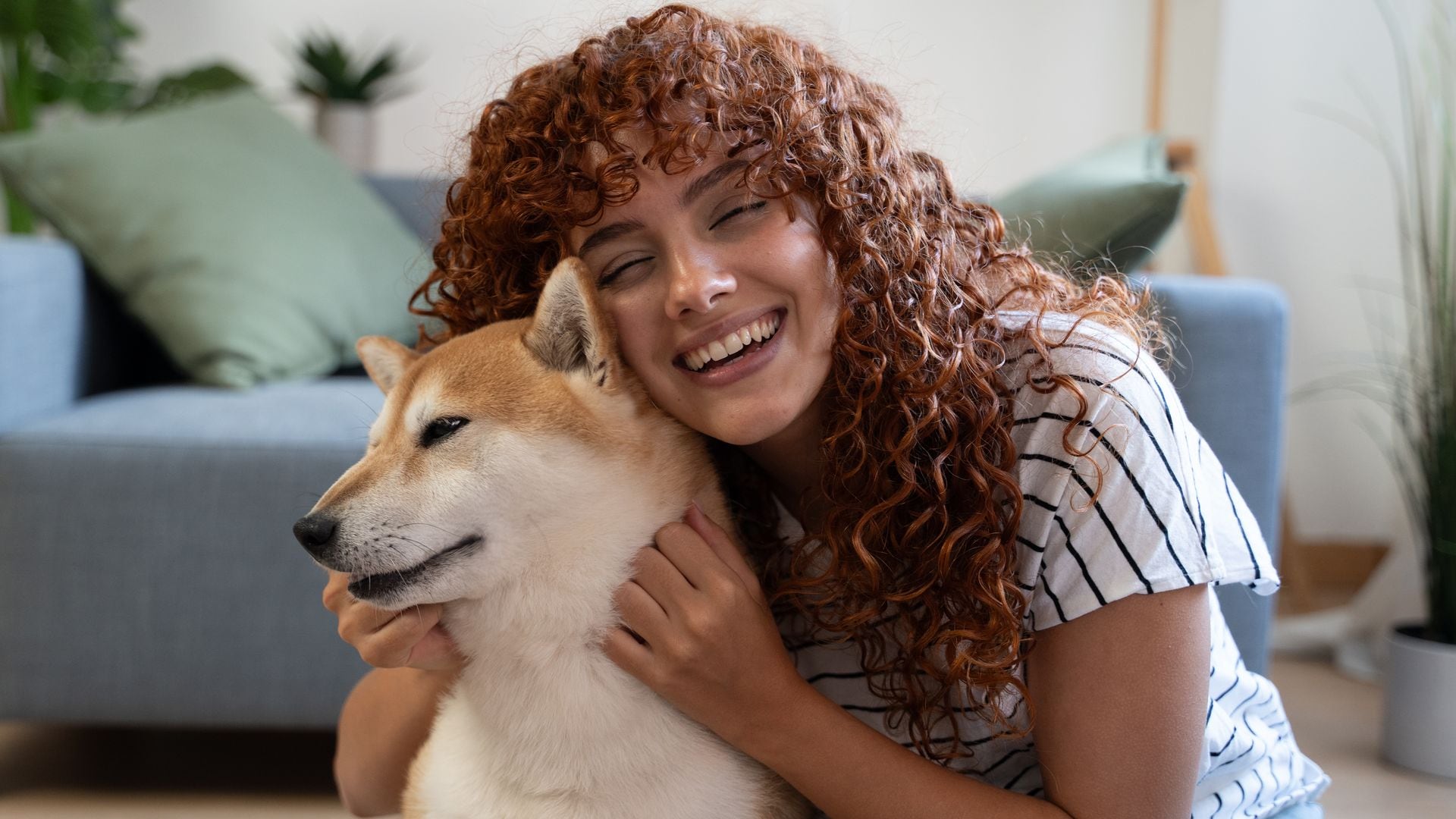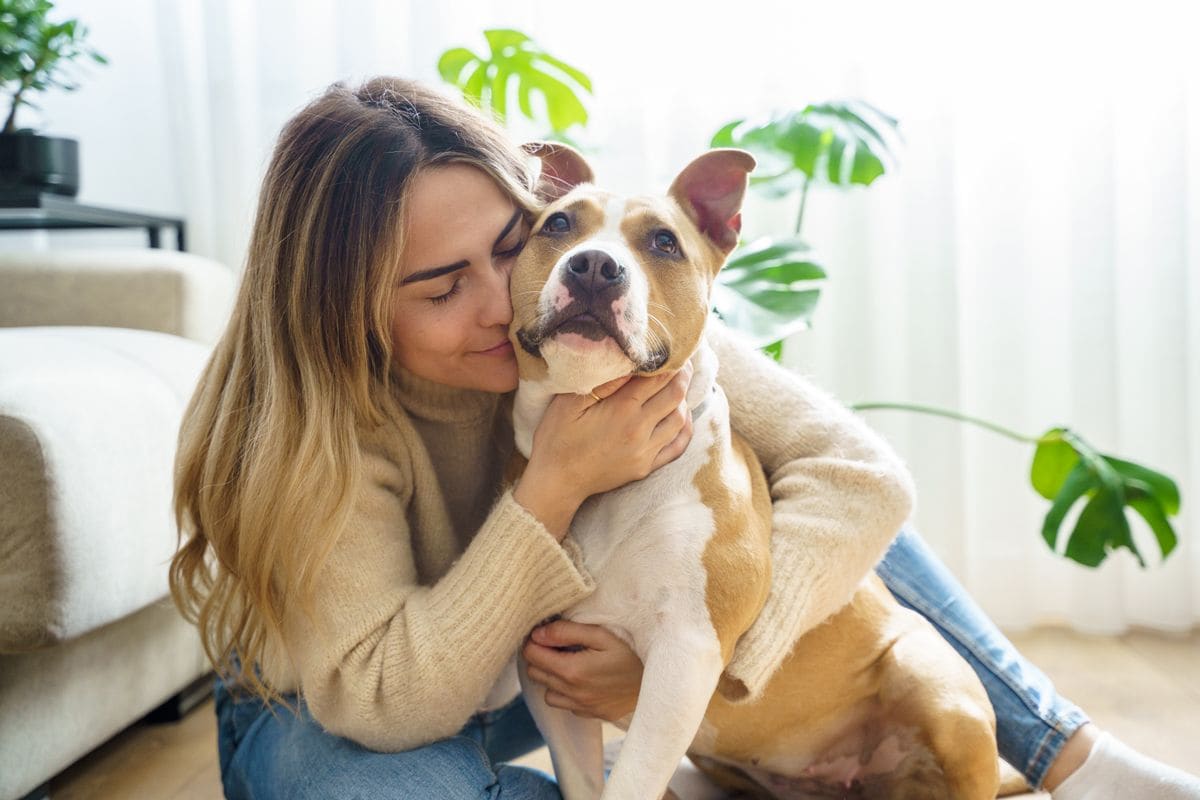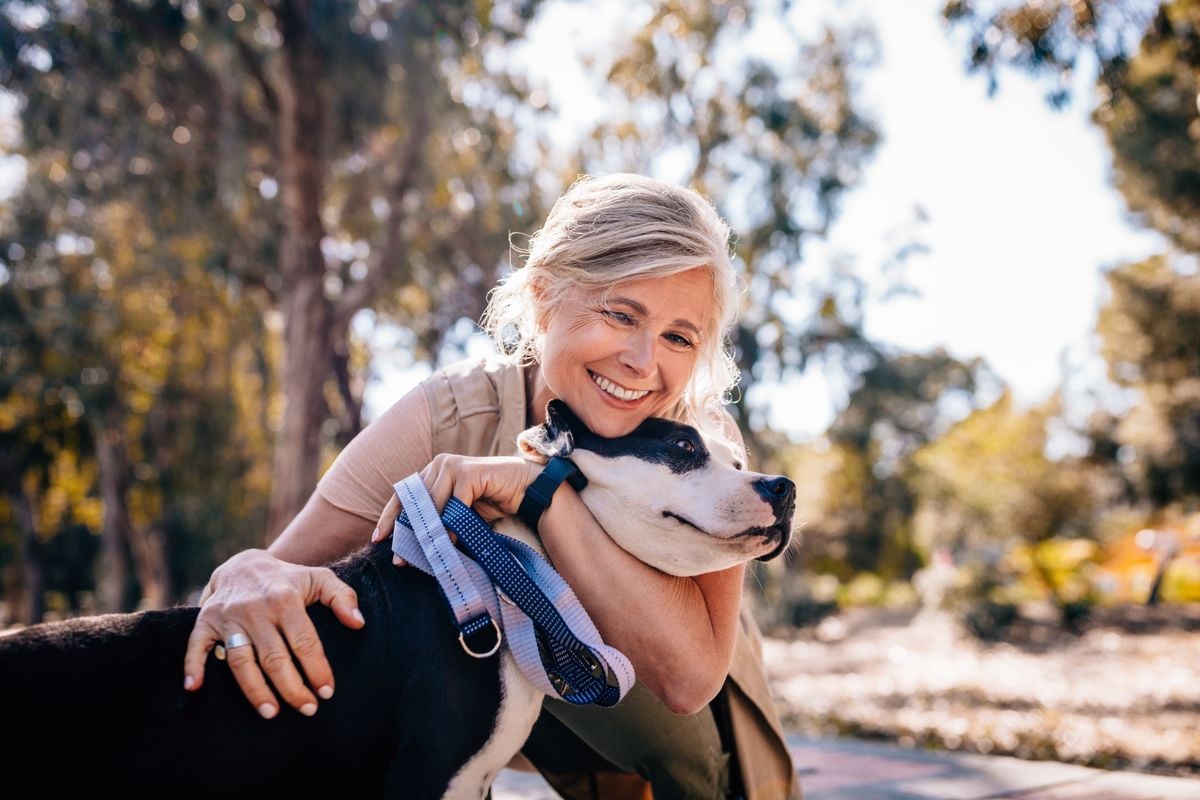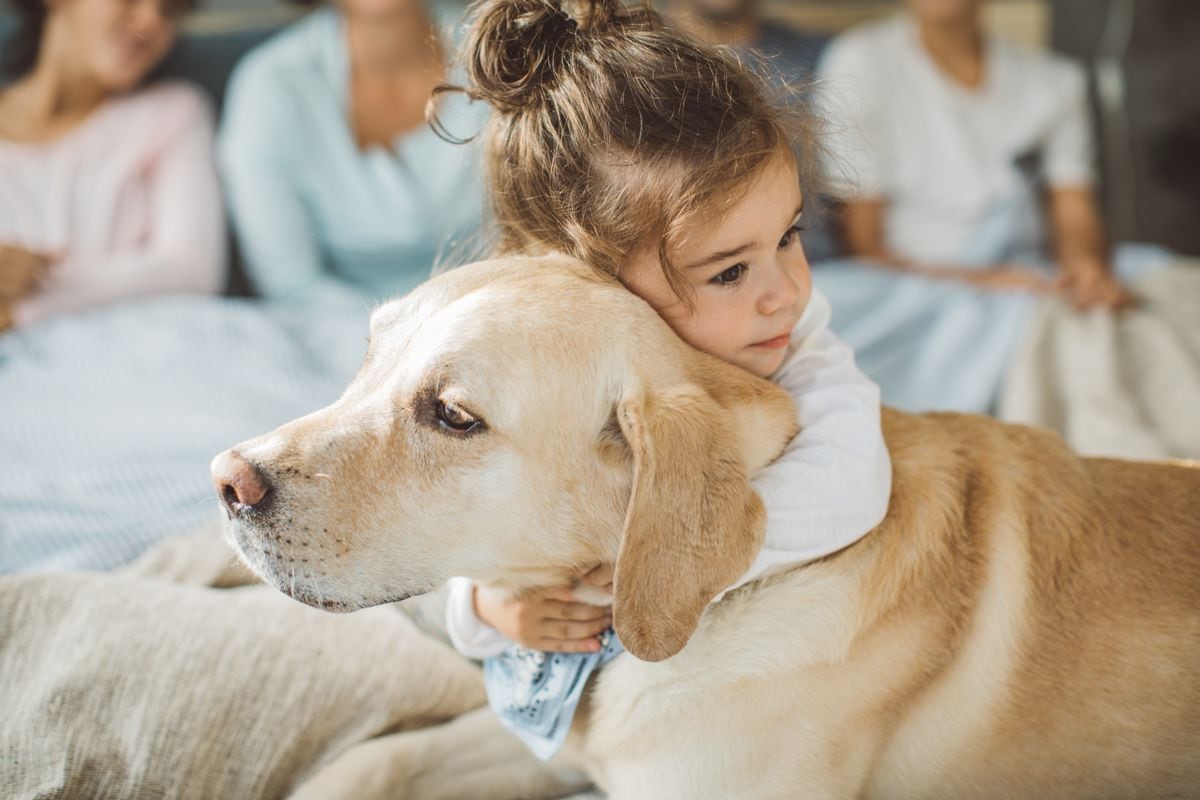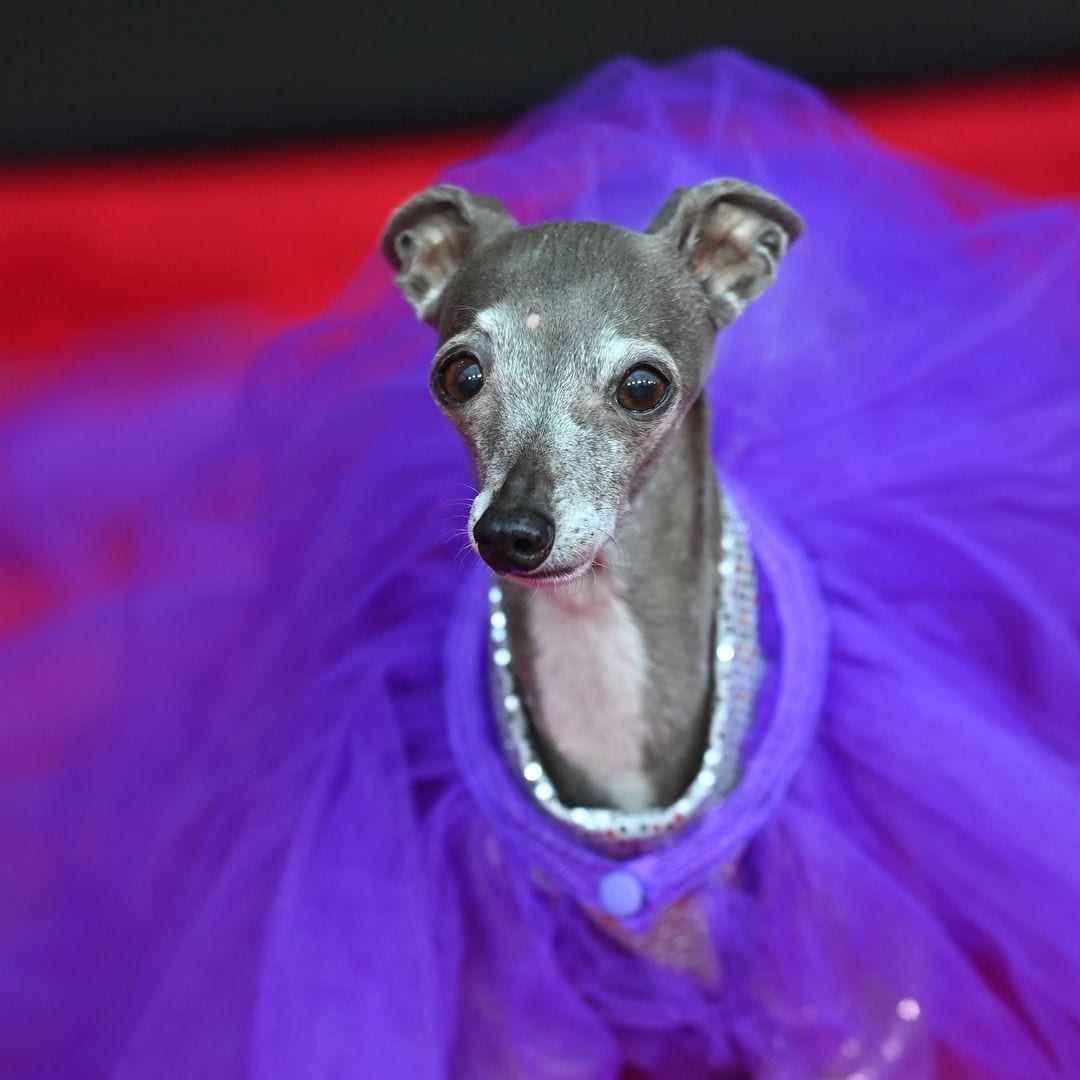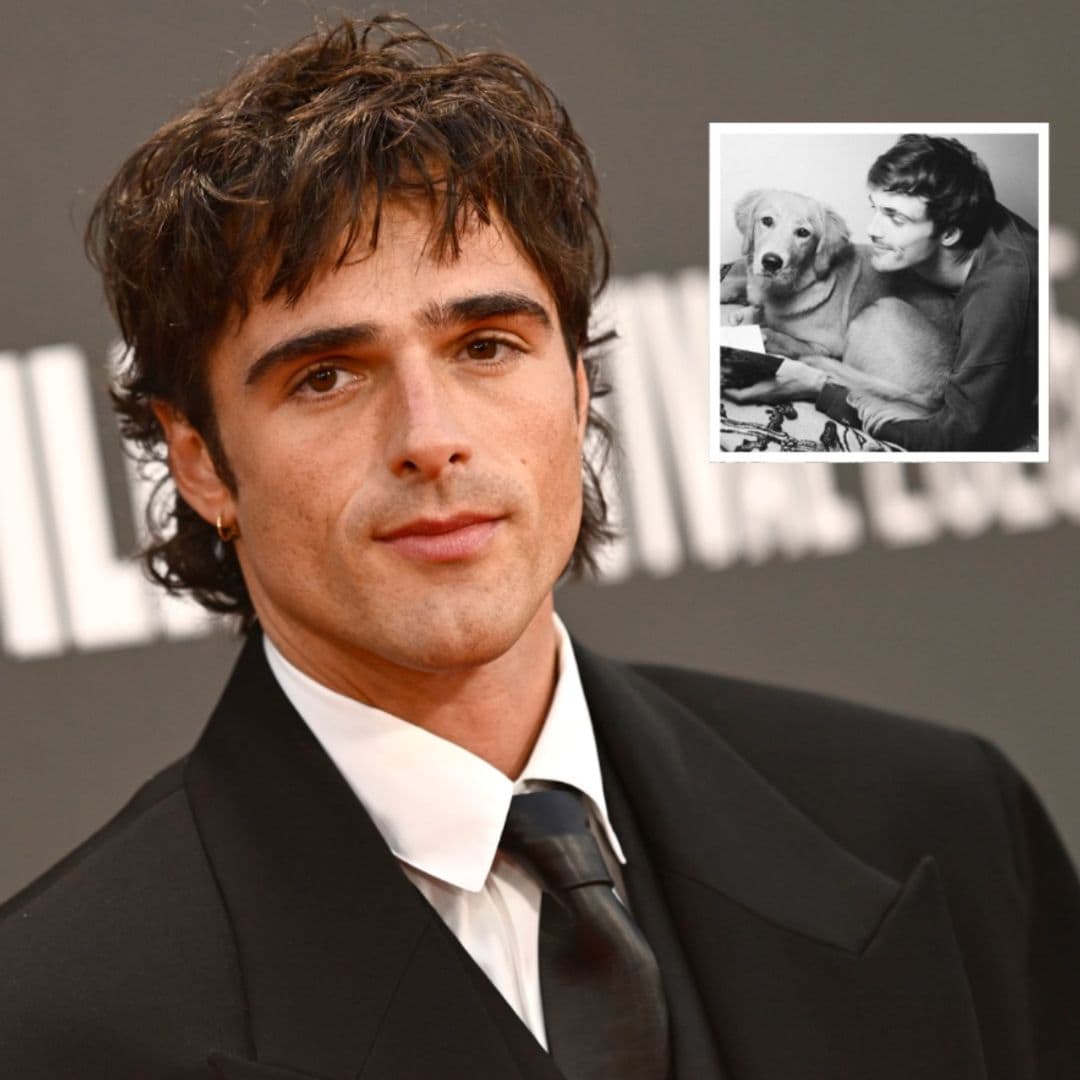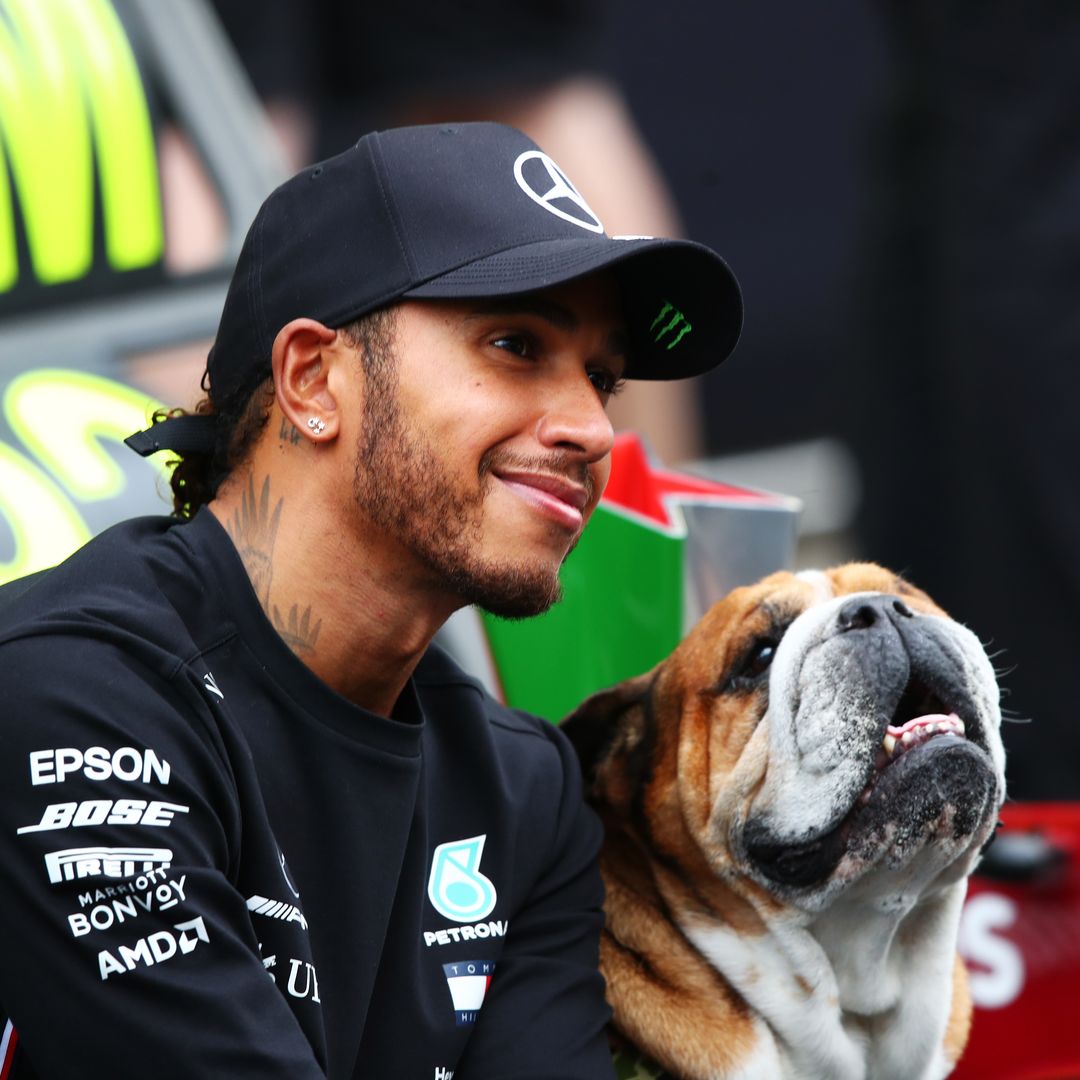Humans love their dog companions. Adults and children will even hug them to show affection. But for dogs? That warm squeeze can feel more like a trap.
A recent study led by Elizabeth Ann Walsh from the Cork Pet Behaviour Centre in Ireland is backing up what behaviorists have warned for years: hugging your dog may actually stress them out. And not just a little - a large majority of dogs show signs of discomfort when embraced.
In 2016, a researcher looked at 250 random online photos of people hugging their dogs. Using well-established signs of canine stress like lip licking, turned heads, closed eyes, pinned ears, and more, he found that 82% of the dogs were visibly uncomfortable. Only 7.6% looked truly at ease. The rest were somewhere in the middle.
Still, people insisted their pups loved it. They sent more photos, and they were filled with the same stress signals.
Fast forward to the 2024 study in Ireland, which analyzed video footage instead of still images, revealing more stress signals like blinking, panting, or even nipping and biting.
Researchers reviewed 80 of the most popular videos online of people hugging their dogs.
Here's what they found:
- 81% blinked excessively
- 68% turned their head away
- 60% had flattened ears
- 44% licked their lips or nose
- 42% panted
- And most notably, 67.5% tried to nip or bite the person hugging them
These are all signs of restraint, and it feels threatening to a dog. Dogs are what’s called “cursorial animals,” meaning they’re built to run. When they’re anxious or scared, flight is their first move, not fight. So when we pin them in place with a hug, we take away that option, which can heighten stress and even provoke a defensive bite.
The researchers summed it up clearly: humans aren’t great at reading the signs. We assume a dog being still is a dog being chill. But often, stillness is a freeze response, not affection, but stress.
So next time you reach for a squeeze, try a gentle pet or a treat instead, and probably most importantly, teach your children early not to go for a hug to avoid the dog acting like a dog, which can lead to serious injury.
